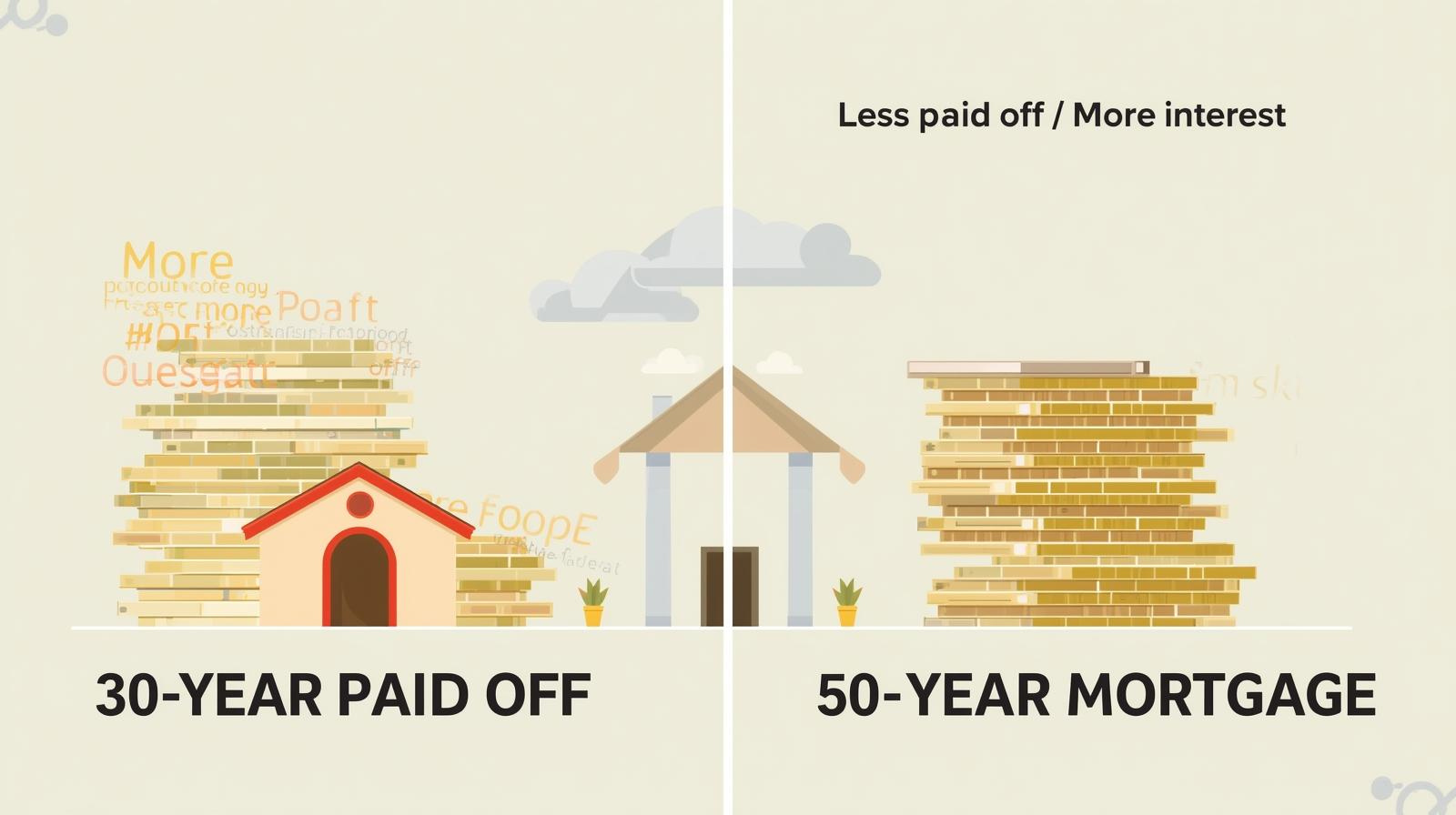Seller Alternatives To Foreclosure
So, your house is in foreclosure…Now what? Try to look at the situation without attaching your emotions. I know, easier said than done!
One very important thing to remember: Time is of the essence, so take quick action in order to allow yourself enough time to complete the chosen process.
Do Nothing – If a homeowner does nothing, they most likely will lose their home at foreclosure auction. Loan applications generally ask if the applicant has ever been foreclosed upon. Credit reports also disclose this damaging information.
Payoff/Refinance – Completely paying off the entire loan amount plus any default amount and fees. Usually accomplished through a refinance of the debt. New debt is at a normally higher interest rate and there may be a prepayment penalty because of the recent default. With this option, there should be equity in the home.
Reinstatement – Paying the entire default amount plus interest, attorney fees, late fees, taxes, missed payments and fees.
Loan Modification – Utilizing the existing mortgage company to refinance the debt or extend the terms of the loan. This may allow the homeowner to catch up at a more affordable level if they qualify. More lenders are agreeing to a loan modification . Sometimes you may see a reduction in the interest rate either temporary or for the remaining life of the loan.
Forbearance – Lender may be able to arrange a repayment plan based on the homeowner’s financial situation. The lender may even be able to provide a temporary payment reduction or suspension of payments. Information will be required from the lender to show that you are able to meet the new payment plan requirements.
Partial Claim – A loan from the lender for a second loan to include back payments, costs and fees.
Deed in Lieu of Foreclosure – Give the property back to the bank instead of the bank foreclosing. This process can be much faster than a foreclosure. Most loan applications ask if this has ever happened.
Bankruptcy – This option can liquidate debt and/or allow more time. I can refer you to a qualified bankruptcy attorney.
Chapter 7 (Liquidation) To completely settle personal debt.
Chapter 13 (Wage Earner Plan) Payments are made toward a plan to pay off debts in 3 – 5 years.
Chapter 11 (Business Reorganization) A business debt solution.
Sale – Homeowner may sell the home without lender approval for a conventional home sale. If the property has equity (money left over after all loans and monetary encumbrances are paid), the homeowner will get cash from the sale. At the other end of the spectrum, a short sale, also known as a pre-foreclosure sale, can be negotiated with your lender by your real estate professional if what is owed is more than the property’s value.
I am not an attorney nor do I play one on tv. 🙂 If you find yourself in this situation, contact an attorney. A real estate agent can not stop your foreclosure as they are not licensed to practice law.
If you’re wanting to know what your home is worth in today’s market, fill out my FREE Home Valuation form and within 24 hours I’ll send you your valuation results via email.











